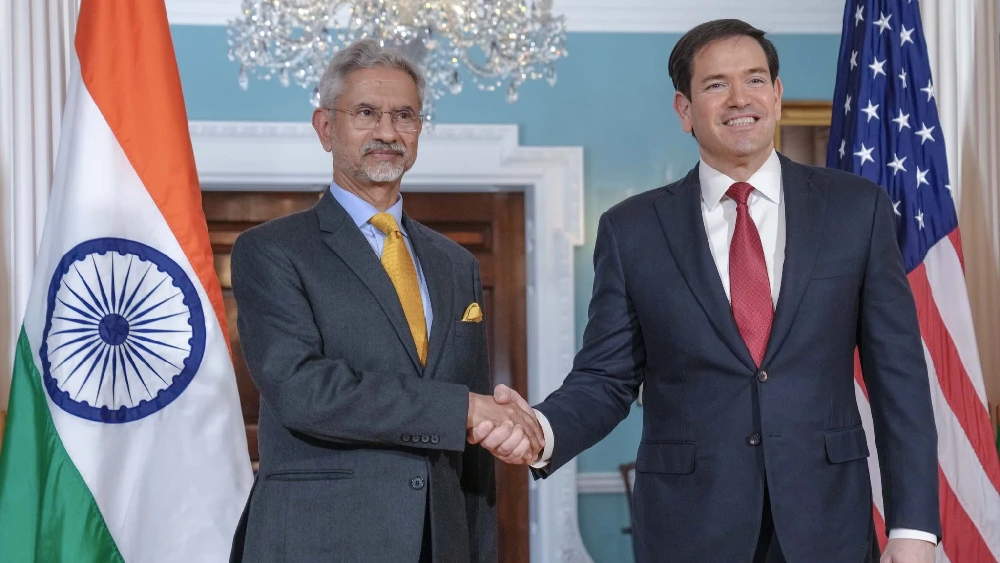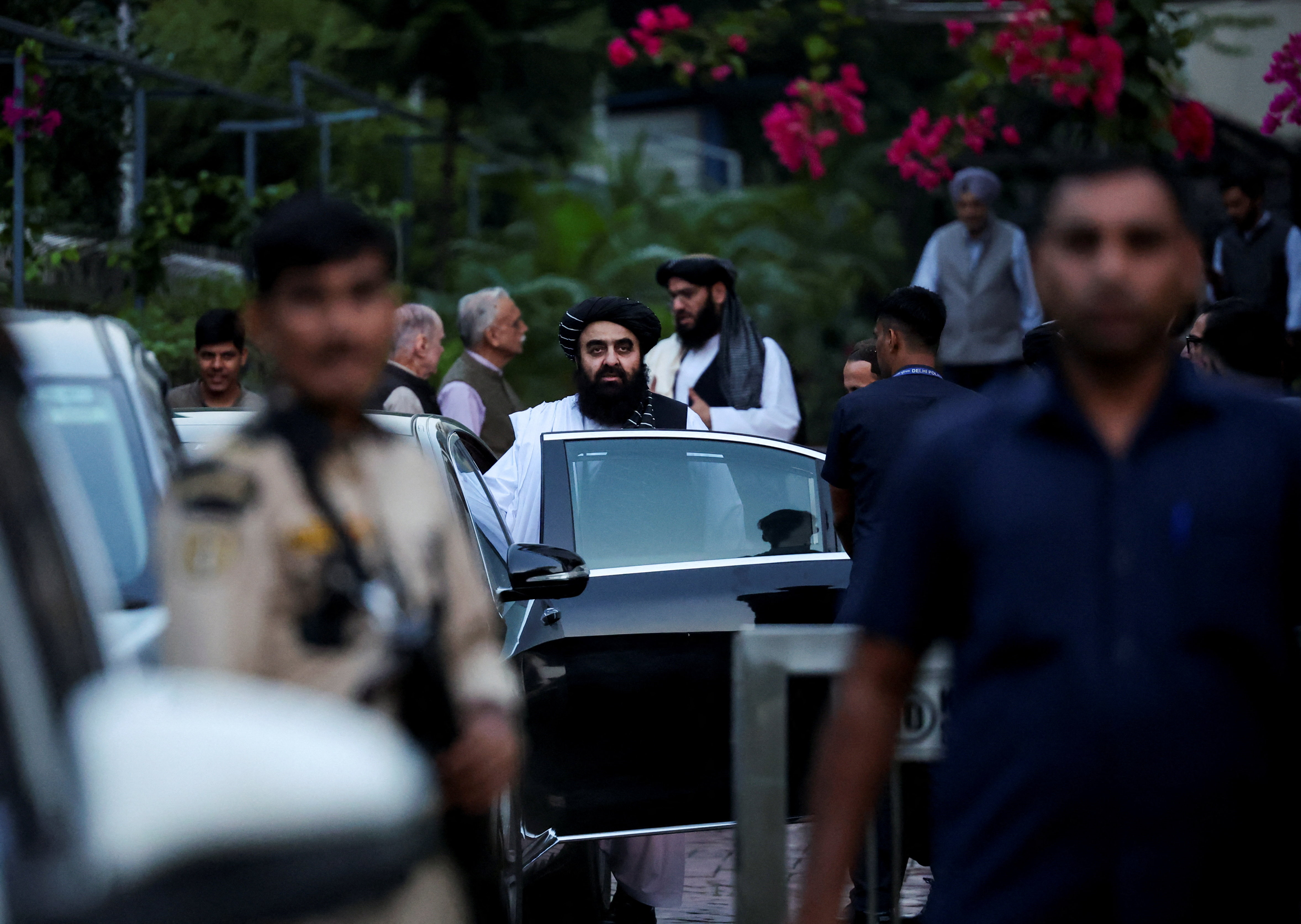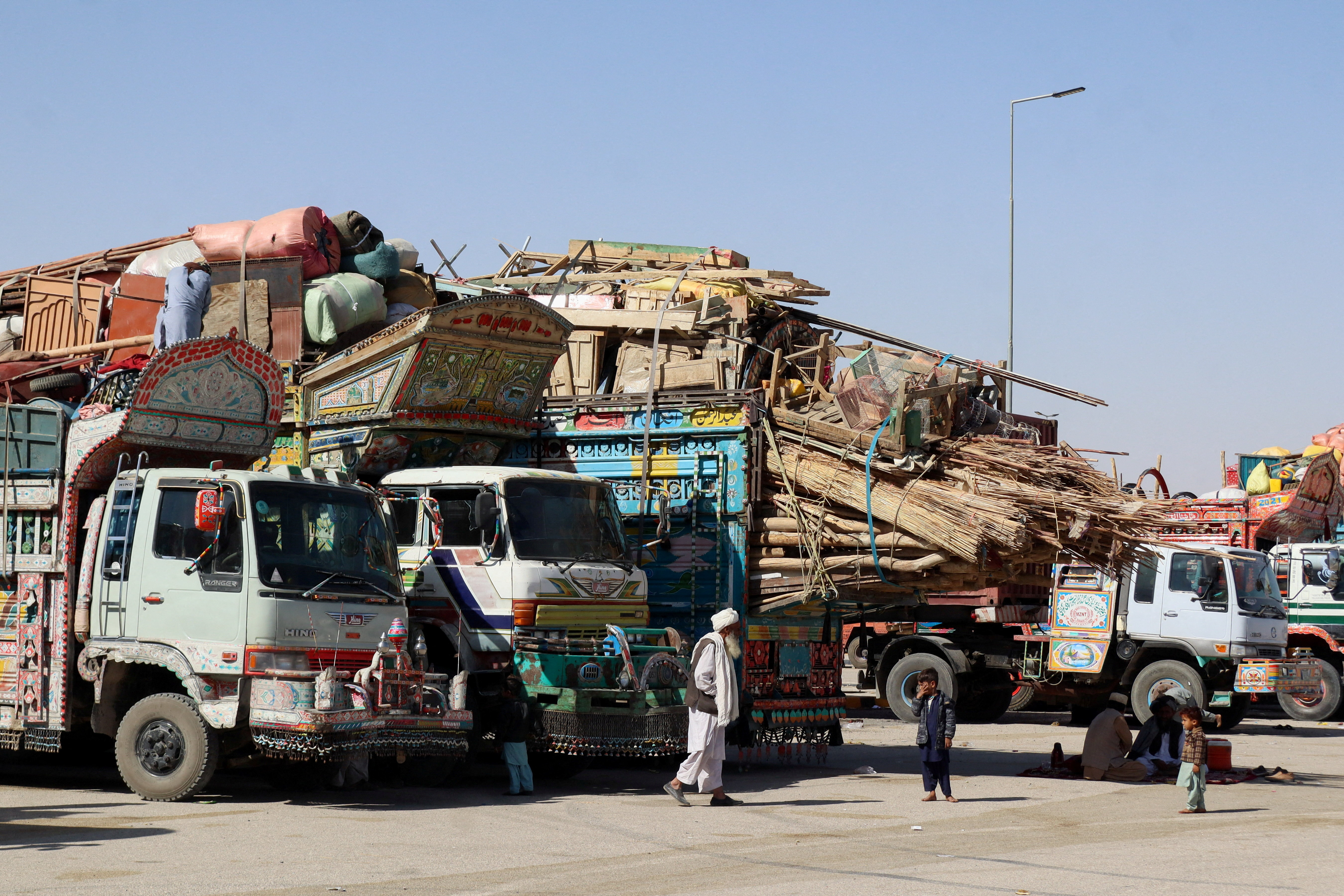ISLAMABAD: A United Nations report has revealed that multiple terrorist groups continue to operate from Afghanistan, contradicting Taliban claims to the contrary.
Pakistan has repeatedly urged the Afghan Taliban to prevent its territory from being used for terrorism. The latest talks in Istanbul between Pakistan and the Afghan Taliban ended in a deadlock, as Pakistan insisted on "no compromise" on ending cross-border terrorism, which the latter kept denying.
Pakistan has called for "verifiable action" against Tehrik-e-Taliban Pakistan (TTP), which continues to launch attacks from Afghan soil.
The United Nations has acknowledged that Afghan territory is being used by several terror outfits. A Security Council report from June 2025 highlighted that over two dozen terrorist groups operate in Afghanistan. The report warned that these groups posed a "serious challenge" to the stability of Afghanistan and the security of neighboring countries, including those in Central Asia.
Taliban regime’s support for TTP
A subsequent UNSC report from July 24, 2025, further noted that Afghanistan's Taliban regime continued to maintain a “permissive environment” for various terrorist groups. The report confirmed that the TTP, estimated to have around 6,000 fighters, receives "substantial logistical and operational support" from the Taliban regime.
Some within the Taliban reportedly advocate distancing themselves from the TTP to improve relations with neighboring states, though such calls have not led to any significant policy changes.
TTP’s cooperation with other militants to target Pakistan
The TTP has coordinated with other militant groups to destabilize Pakistan. In January 2025, the TTP provided training to terrorists in Balochistan. The UNSC report details evidence of "close coordination" between the TTP and the Balochistan Liberation Army (BLA) in southern Afghanistan.
Both groups are said to have shared training camps, with al-Qaeda providing "ideological and weapons training." An attack by the BLA, the hijacking of the Jaffar Express train on March 11, resulted in over 30 deaths, demonstrating the group's increasing capacity for complex, deadly operations.
While some experts believe the TTP and BLA do not cooperate at a "strategic level," there may be a "non-aggression pact" between the two.
Concerns over TTP’s acquisition of high-grade weapons
The acquisition of high-grade weaponry by the TTP, including NATO-standard arms, is particularly concerning. The UNSC noted that these weapons were obtained through "cross-border smuggling and black-market trade," corroborating Pakistan's concerns.
The TTP has also employed unmanned aerial vehicles (UAVs) to carry out attacks on Pakistani military installations in Balochistan and Punjab, the reported stated.
ISIL-K and al-Qaeda's growing presence
The terrorist landscape extends beyond the TTP. According to the UNSC report, ISIL-K has been indoctrinating children in madrassas in northern Afghanistan, establishing a suicide training program for minors as young as 14. The group has spread across the northern and northeastern provinces of Afghanistan, with attempts to establish operations in neighboring states.
al-Qaeda also maintains a strong presence in Afghanistan. The UNSC report raised concerns about al-Qaeda in South Asia, noting the group has expanded to six provinces, including Ghazni, Helmand, Kandahar, Kunar, Uruzgan, and Zabul.
The terror outfit operates several training sites across Afghanistan, even training TTP fighters.
Threat to China
The UNSC's July 2025 report further details how Afghanistan's Taliban regime has allowed groups like the Eastern Turkistan Islamic Movement (ETIM/TIP) to operate within its borders. ETIM/TIP has reportedly grown to a force of up to 750 militants, with some regional states assessing its strength to be growing.
In December 2024, ETIM/TIP leaders met with Taliban representatives in Kabul, discussing the flow of foreign terrorist fighters from Afghanistan. This cooperation signals the Taliban's ongoing support for foreign militant groups.
Threats for entire region
As long as the Afghan Taliban regime continues to permit the use of its soil by terrorist groups, the security of neighboring countries, including Pakistan, Iran, and even China, remains at risk.
.jpg)


.jpg)
.jpg)



